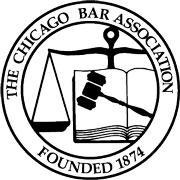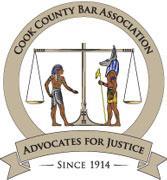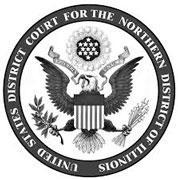How Can Nursing Home Abuse Lead to Traumatic Brain Injuries?
 March is National Brain Injury Awareness Month, so it is a good time to shed light on an important subject. Brain injuries can range in severity depending on the circumstances that cause them. Concussions are one of the most common types of injuries that affect the head and neck. These traumatic brain injuries (TBIs) can occur as a result of a collision during a sporting event, slipping and falling, or a car accident. The force of the impact from a blow to the head can cause life-altering consequences. Unfortunately, in some cases, an individual can also suffer a TBI as a result of nursing home abuse or neglect. If you suspect that your family member may have been harmed in an extended-care facility, it is essential that you consult a personal injury attorney to understand your legal options.
March is National Brain Injury Awareness Month, so it is a good time to shed light on an important subject. Brain injuries can range in severity depending on the circumstances that cause them. Concussions are one of the most common types of injuries that affect the head and neck. These traumatic brain injuries (TBIs) can occur as a result of a collision during a sporting event, slipping and falling, or a car accident. The force of the impact from a blow to the head can cause life-altering consequences. Unfortunately, in some cases, an individual can also suffer a TBI as a result of nursing home abuse or neglect. If you suspect that your family member may have been harmed in an extended-care facility, it is essential that you consult a personal injury attorney to understand your legal options.
Long-Term Effects of TBIs
A traumatic brain injury may be considered mild, resulting in a brief loss of consciousness or a temporary change in mental status. Severe cases can cause an extended loss of unconsciousness or amnesia that may affect a person for days, weeks, or even months after the incident.
A TBI can cause a wide range of functional short- or long-term changes affecting:
-
Memory
-
Reasoning/critical thinking skills
-
Vision/eyesight
-
Balance/coordination
-
Language/communication
-
Mental health (depression, anxiety, aggression)
A TBI can also cause epilepsy and increase the chance of being diagnosed later with Alzheimer’s disease, Parkinson’s disease, and other brain disorders. It is important to note that suffering even mild TBIs repeatedly over an extended period of time can result in neurological and cognitive deficits. If they occur within hours, days, or weeks, they can prove fatal, especially for elderly people whose conditions may already be compromised.
Negligence in Nursing Homes
If your relative’s health has deteriorated, and they can no longer take care of themselves, it may be necessary to put them in a nursing home or long-term care facility. Regardless of the reasons for this, you are entrusting their care and well-being to a team of medical professionals whose job is to tend to their needs. Unfortunately, there are many cases when nursing home residents do not receive the care they need. When facilities are understaffed, workers may not be able to provide adequate or appropriate care. For example, if there are not enough nurses on a shift, patients can go hours without anyone checking on them. If they are neglected like this, they may try to get up and go to the bathroom on their own. This can lead to them falling and hitting their head on the tile floor or the side of a dresser or table.
In other situations, a disgruntled employee may become irritable with a resident and take out their aggression by hitting or slapping them in the head. A worker can also push or shove a patient, causing them to fall and sustain a TBI. Management or owners of nursing homes are responsible for properly vetting their employees, which includes conducting background checks to ensure they do not have a criminal history or mental disorders that could lead them to abuse others.
Contact a South Side of Chicago Personal Injury Lawyer
Sadly, nursing home abuse and neglect are more common than you might think. At Kadzai Law Group, LLC, we are committed to providing skilled legal counsel for those who are harmed by a negligent party. Our dedicated Chicago nursing home negligence attorney will help you determine the cause of your loved one’s injury and hold the responsible parties accountable. Attorney David Kadzai has over 10 years of legal experience, and he recognizes how devastating elder abuse is to an entire family. To schedule a free consultation, call us today at 312-229-0050.
Sources:
https://www.cdc.gov/traumaticbraininjury/outcomes.html
https://www.nursinghomeabusecenter.org/types-of-nursing-home-abuse/head-injuries/
https://www.ilga.gov/legislation/ilcs/ilcs3.asp?ActID=1222&ChapterID=21














